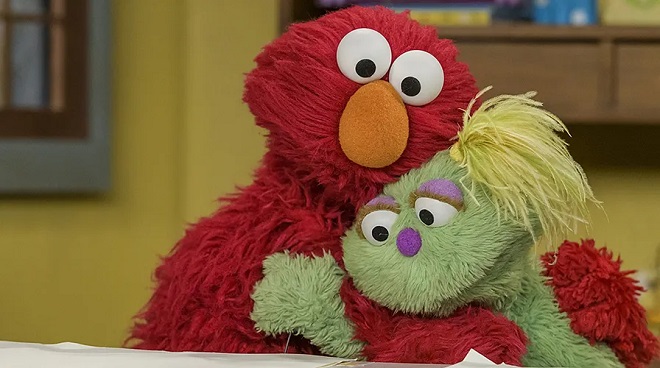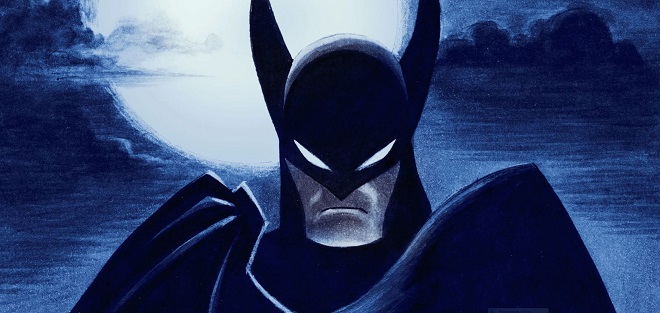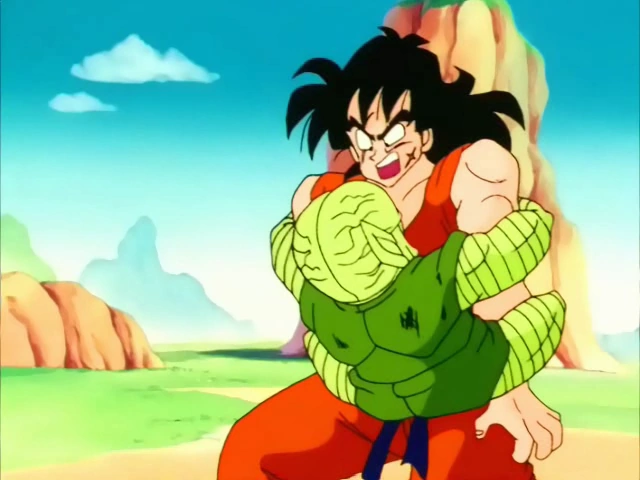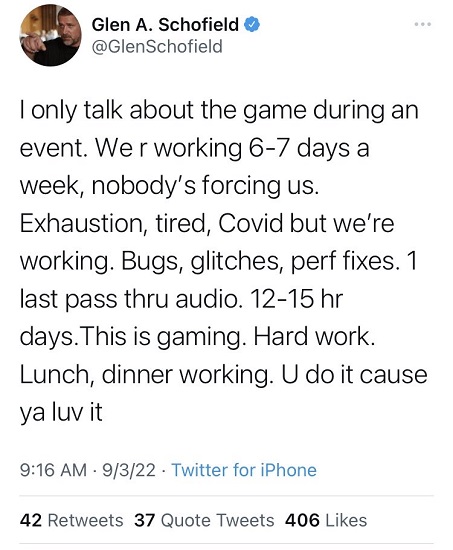Cognition Dissemination: What’s Happening at HBO Max Was Inevitable

Warner Bros. Discovery has made several moves with HBO Max since the merger between the two (mainly Discovery subsuming Warner Bros.) completed, most of which have been utterly horrendous. The cancellation of the Batgirl film was the first large one, announced despite the movie finishing filming months ago and being in the editing stages, on a day where directors Adil El Arbi and Bilall Fallah were at the former’s wedding in Morocco for the ultimate middle finger. This has imperiled other DC movies too, particularly those with minority leads like Static Shock and Supergirl. Hell of a trend here.
They’ve taken considerably more actions since, too many to document in one post. A number of important animated content was removed from HBO Max with little heads up. The move was so hastily made that few received the chance to binge the series before they were removed. Infinity Train was the biggest series among these, but others included Little Ellen, Summer Camp Island, Uncle Grandpa, and Pac-Man and the Ghostly Adventures. It’s awful for preservation efforts, and the creators of these shows were unsurprisingly livid about this.

The worst involved the sudden removal of 200 Sesame Street episodes, a series that, it perhaps goes without saying, has provided years upon years of educational content. It was initially problematic that HBO had purchased Sesame Street from public broadcasting television in the first place considering the potential for it to be locked behind a paywall, making it harder for children to see. But given the wholesome content the program has provided for so many years, suddenly deleting a portion of the archives is vile shit. If there’s a show that should be preserved among all others, it’s this one.
Yet, it’s also not a surprise. The entertainment world is now dominated by streaming services, the total minutes watched recently surpassed those on cable for the first time in the United States according to Nielsen estimates. But we were bound to reach a time where one such service was suddenly helmed by executives who didn’t understand their popularity, didn’t care, or both, and that’s precisely what’s happening with Warner Bros. Discovery.
It’s the executives from the Discovery side that have taken over the company, helmed by CEO David Zaslav. Zaslav wasn’t subtle in his plans for the company, involving massive cuts to several big-spending initiatives. It was clear where the cuts would be made upon seeing Zaslav’s thoughts on streaming and, hell, scripted TV in general. The cuts started innocuously enough with the production of new scripted content for TBS and TNT being ceased, but they’ve since escalated massively and quickly. It shouldn’t be a surprise that someone like this doesn’t value family and animated content despite the history of Warner Bros. being paved with it. Execs whose claim to riches were reality shows do not tend to value creative content, and especially not their already-overworked creators.
The reason WBD can get away with this is through tax write-offs, in the finest recent example of how Hollywood Accounting works. It can be cheaper for the executives to just write it off instead of releasing and completing something expensive like the Batgirl film, the cancellation for which the execs have yet to give an otherwise satisfactory answer for when films like Shazam: Fury of the Gods (which reportedly garnered a similar reception among test audiences) and The Flash (which stars Ezra Miller) are still coming.
They also removed content from HBO Max so they wouldn’t have to pay residuals to the creators and actors involved. It’s a soulless plan that becomes heinous when considering the financial and health-related issues that can manifest with production staffers if they don’t receive union-mandated residuals, all part of living in a country with a trash health care system with plans attached to people’s jobs. Staffers who work on animated content don’t tend to have a heavy dose of savings.

There’s further risk of this happening with staffers for future animated shows WBD has decided not to release on HBO Max, one of which is a literal Batman cartoon boasting the involvement of J.J. Abrams and The Batman director Matt Reeves among its producers. It’s fortunately a question of who will pick up Batman: Caped Crusader, but the fate of other animated content remains in a bit of a haze.
It’s good that the superlative Harley Quinn cartoon was able to avoid this fate, though maybe Zaslav forgot about one. Fingers crossed.
We could see several more horror stories from animated show staffers soon, burdens that could have been averted if they were paid residuals. If they have good cases, perhaps some stories could be submitted to the National Labor Relations Board, since the Biden administration’s heads are actually doing their jobs.
It’s infuriating that WBD’s executives and company higher-ups have been largely silent about this whole process, often leaving the poor customer service representatives to fend for themselves. Zaslav has only commented on the apparent restructuring HBO Max is receiving when he’s been forced to, like during the shareholder meeting at the start of August. He’s had plenty of time to champion the team behind Game of Thrones prequel House of the Dragon, though, which had a ridiculous $100 million advertising campaign ahead of the premiere, even if the price was justified given the viewership.
Recent moves have made it clear that WBD is far from done with HBO Max, a service that could be in an unrecognizable state regarding its archive of shows and Max Original film slate come early next year, before its slated to merge with Discovery Plus. It will, of course, not be the only one. This isn’t getting into how they’re shifting CNN’s coverage to the right after its increasingly more (though hardly entirely) activist bend during the Trump administration’s years. They’ve also yet to make any moves with Warner Bros. Games, which could depend on how Gotham Knights performs after it arrives in October. But don’t worry, they’ll space the most significant moves away from shareholder meetings so Zaslav and other execs don’t have to answer too many questions about them.
In the meantime: Any animation studio should be hesitant to do anything with Warner Bros., unless they have an explicit guarantee that it will release and be archived on HBO Max, or whatever the hell they’ll call that merged service. But it will be a tall order to get even one of them green lit if they don’t even want to stream a friggin’ Batman cartoon series. If there’s a cartoon that won’t prominently on Cartoon Network, it’s likely doomed. A massive issue with the existence of megacorporations is how the options for houses and services to work for have been significantly reduced. Show this as evidence to anyone that corporate consolidation is poison for creativity.






Too bad to see all the carnage. Even Sesame Street ! Who would have thunk
Yeah. If Sesame Street is getting caught in the crossfire here, then truly nothing is sacred.